
I am not sure everyone appreciates how hard it is to produce a piobaireachd to a high professional standard. At last weekend’s Scottish Pipers’ Association contest, there were 22 competitors, all of them first class pipers. Some play in world championship winning bands; others have won major solo awards. Yet of those I heard we really only had four tunes which reached the level described in my opening sentence.
There are many factors at play here but we can surely attach a degree of blame to those recidivist revisionists who peddle their distracting ideas about ceol mor, unfocussing minds and endeavour – especially in the young student whose every moment should be geared towards attaining that special place where the bagpipe hums, the fingers do exactly what you want them to, the memory plays no tricks and the whole piece just seems to flow along of its own volition. It takes concentrated skill to produce that package; enter the zone but once and it lives with you; it lives with you for a very long time.
The four ‘in the zone’ on Saturday were Cameron MacDougall, Gordon McCready, John Dew and Darach Urquhart first to fourth respectively. The first two were out on their own. Either could have won. The judges gave to it Cameron and well deserved it was too, even if the pipe was very high pitched. His handling of the Old Men of the Shells showed a level of accomplishment not often heard in a piper this early in his career. Here we had the control, technique and phrasing of a young master.

Maybe it was the tune that edged him ahead of Gordon for he too was locked into his task on a bagpipe that refused to budge with fingers dancing and, apart from a slightly sluggish start, exemplary presentation of the Battle of the Pass of Crieff. John’s Earl of Ross was a shade behind these two with unclear technique on dare and, occasionally, on hiharin, hampering an otherwise well put together Earl of Ross’s March. Again the drone sat beautifully throughout. Darach’s shaded a mite but the finger rippled and a little more control in variation 1 doubling and in the triplet of the Big Spree and he could have been considered for a higher placing.
[wds id=”6″]
Other tunes I heard came from Sandy Cameron with the lovely Brother’s Lament. Sandy played it from the new Book 16 and the omission of the double hiharins in the ground as passed down to us in the John Smith MS, the source, was immediately upsetting. This edit would not be so worrying if the book had adopted the Society’s usual numbering system whereby it is possible to reconstruct the original from the notes. Let us hope this discrepancy is corrected in the next reprint. Sandy set the tune out well but went off and stopped after a note error. In his defence the tune is a memory test and this early run may preclude any repeat in the Gold Medal competitions for which it is set.
Steven Leask gave us Lachlan MacNeill Campbell; good instrument here but Steven tended to play the tune with accompanying right arm movements and this introduced a mechanical delivery. I enjoyed Craig Martin’s MacCrimmomn’s Sweetheart but he was a little erratic here and there both in timing and fingerwork. Anna Kummerlöw didn’t quite lock the pipe at the start, though it came in as she progressed her Lament for the Little Supper. Unfortunately Anna rather hacked at the ground in places with a particularly severe cut up from F to high A. Greig Canning timed his King’s Taxes nicely but the bagpipe was coarse. Allan Russell seemed intent on getting to the end of the Young Laird of Dungallon before he even started it if you know what I mean. Rushed and pushed on a good bagpipe, the finger clean.
Sarah Muir had bag slippage problems and stopped. Her Donald Duaghal MacKay was generally well-shaped as far as it went. Someone said they thought her blowstick too long and this pushed the bag down. Ben Duncan, soon to take up a new job as Pipe Major of the Royal Scots Dragoon Guards, obviously had other things on his mind – not what you want when you are asked to perform MacDougall’s Gathering under pressure. Again the right idea of the tune but not strung together well enough and a tendency to play to feet.
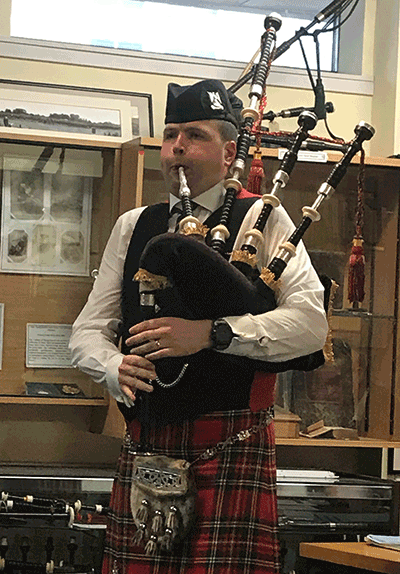
Of the others I heard, Jamie Elder, Chris Lee and Ashley McMichael are all excellent pipers, but as I say: this piobaireachd business isn’t easy. There were finger discrepancies in Chris’s work (maybe try something easier than Lady MacDonald’s Lament?); Ashley failed to get the music into the Earl of Antrim (particularly Variation 3) and Jamie’s Desperate Battle lacked conviction on a drifting pipe.
Judges Roderick Livingstone and John Wilson gave us a final result with which no one could disagree:
1 Cameron MacDougall
2 Gordon McCready
3 John Dew
4 Darach Urquhart
5 Steven Gray
The whole event was very well stewarded and ended, after a full day of quality piping, roughly around 6pm. It was a pity there weren’t more people there to hear the playing. Some like 80-year-old Alistair McQueen did make the effort (car, boat and two trains from Rothesay). Alistair and Brian Mulhearn of Ayrshire Bagpipes, up from sunny Troon, added to the knowledgeable audience for the piobaireachd.
As pillars of the piping firmament tumble (Silver Chanter, CoP) it is good to see that the SPA manage to keep going year after year. Their contests cater for every level of piper: adult amateur, juvenile and professional. No elitism here; these contests are open to all. Well done to them for that and to the SPA’s main sponsors McCallum Bagpipes for their generous support. The Association celebrate their centenary in 2020 and hearty congratulations will be due when they reach that important milestone.
• Get full results from the SPA here. The picture up top shows piper Steven Leask perfoming for judges John Wilson and Roderick Livingstone.
[wds id=”10″]


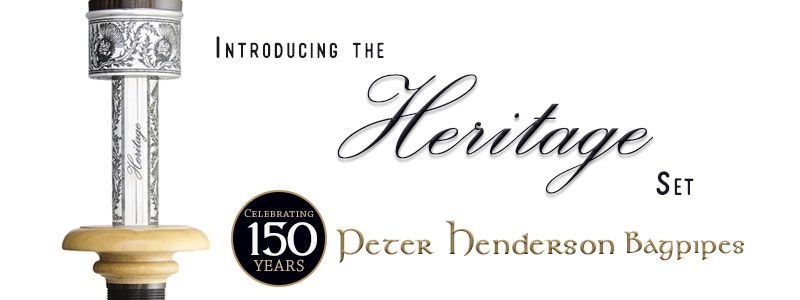

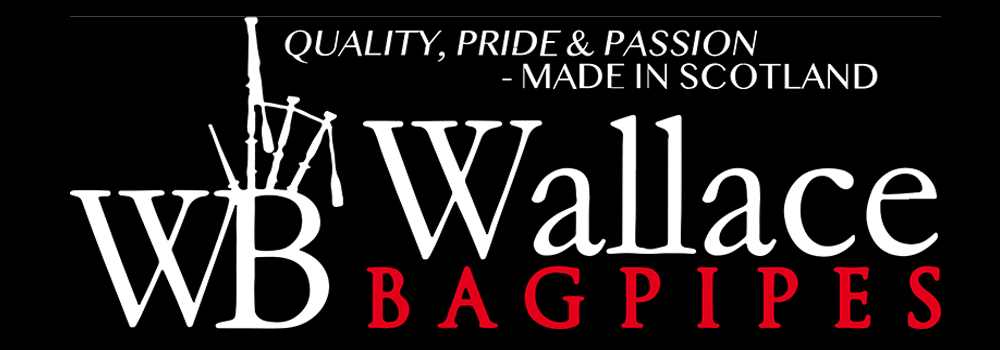




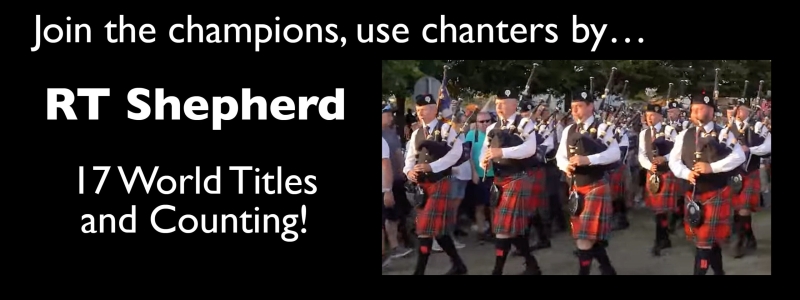



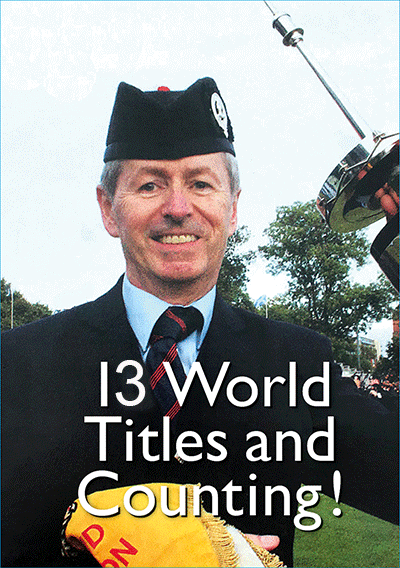

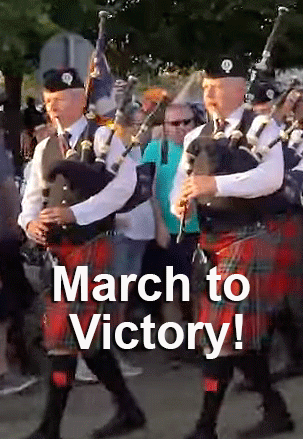







Recent Comments